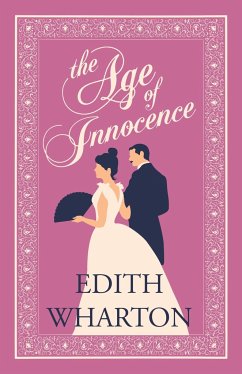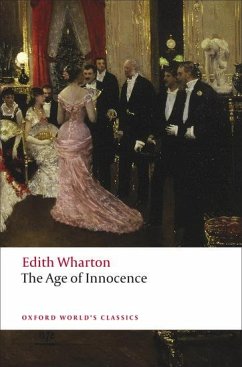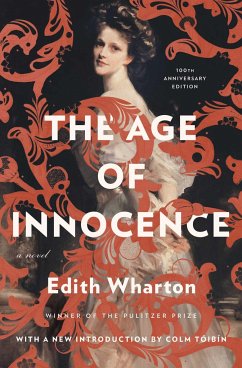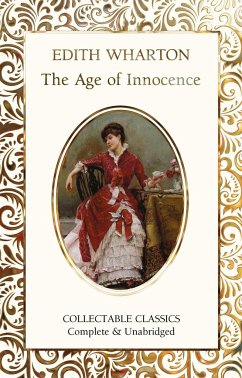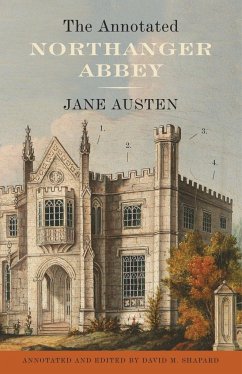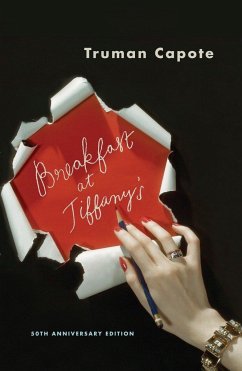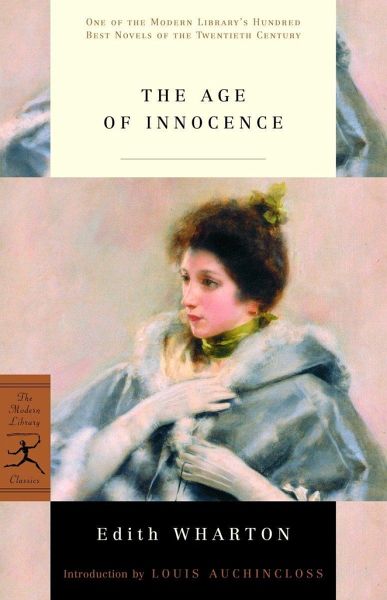
The Age of Innocence

PAYBACK Punkte
5 °P sammeln!
Newland Archer saw little to envy in the marriages of his friends, yet he prided himself that in May Welland he had found the companion of his needs--tender and impressionable, with equal purity of mind and manners. The engagement was announced discreetly, but all of New York society was soon privy to this most perfect match, a union of families and circumstances cemented by affection. Enter Countess Olenska, a woman of quick wit sharpened by experience, not afraid to flout convention and determined to find freedom in divorce. Against his judgment, Newland is drawn to the socially ostracized Ellen Olenska, who opens his eyes and has the power to make him feel. He knows that in sweet-tempered May, he can expect stability and the steadying comfort of duty. But what new worlds could he discover with Ellen? Written with elegance and wry precision, Edith Wharton's Pulitzer Prize-winning masterpiece is a tragic love story and a powerful homily about the perils of a perfect marriage. Commentary by William Lyon Phelps and E. M. Forster
Newland Archer begins to question the values of high society in Victorian New York when he finds himself torn between two very different women--his proper young fiancee and her exotic cousin






